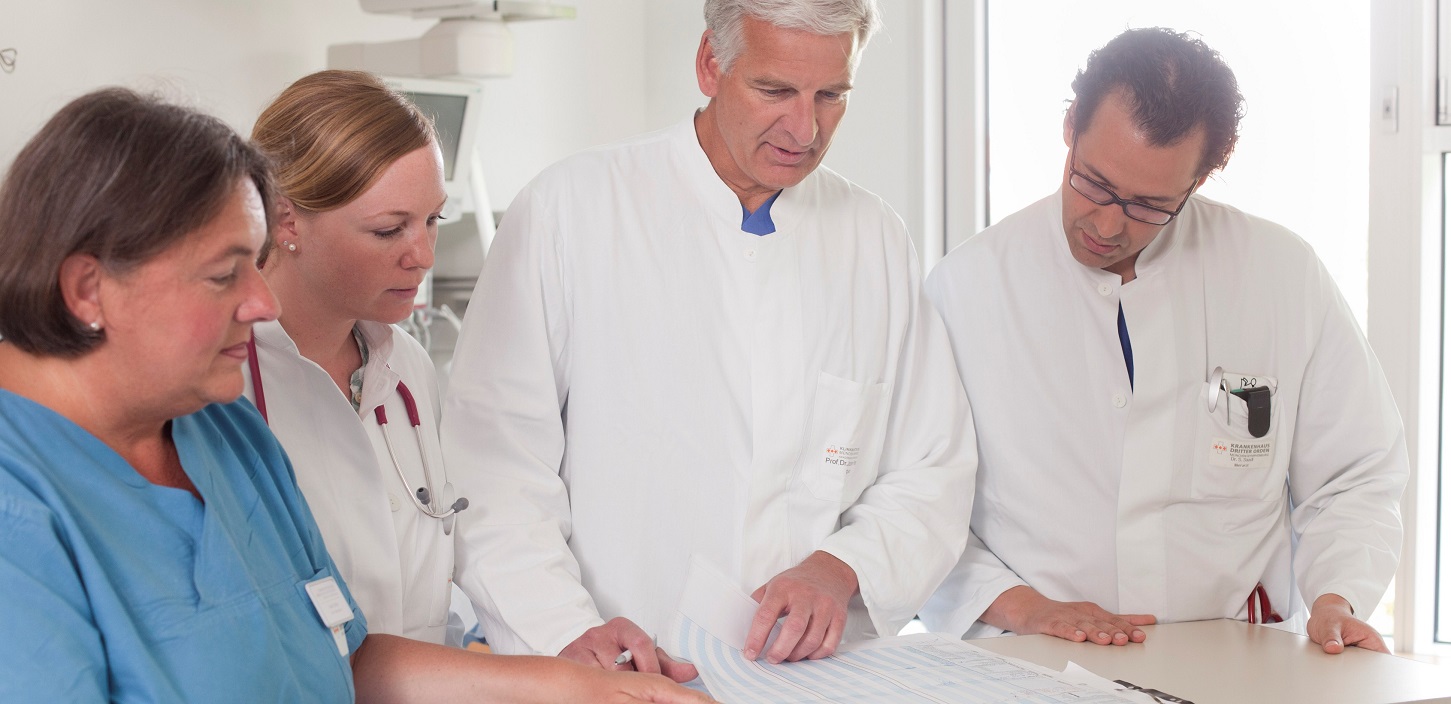
Although the outcomes of neonatal patients have been shown to be associated with the level of training of medical and nursing staff (1,2), neonatal care is not a recognised subspecialty in paediatrics in several European countries. Sadly, there is not even a commonly agreed minimal training syllabus for neonatologists nor for neonatal nurses in Europe, resulting in a lack of consistency in quality of care for preterm and ill babies between different countries, regions, and even hospitals.
This panel of experts strongly believes that existing neonatal training programmes, like the one issued by the European Society for Neonatology (3), taking evidence-based practices into account (4), need to be promoted and a minimum degree level of preparation as well as post degree specialisation of neonatal care is required. Given the complexity of the healthcare needs and the range of healthcare providers involved in the care of neonatal patients, interprofessional education is necessary to provide care by a multidisciplinary team working effectively together. (5) The inclusion of simulation in education and training, including basic life support training, is critical for the delivery of safe clinical care. (6–9) Continuous professional development is essential in order to keep up with the scientific and technological changes that are occurring in healthcare settings. (10) Also, parents should be offered education, training, and support in specific skills, to ensure they become an integral part of the neonatal team, and confident caregivers for their infant both in the neonatal unit and after discharge. (11)
The Topic Expert Group on Education and training of the multidisciplinary team working in neonatology developed standards to address the above mentioned needs related to education and training requirements for neonatal health practitioners.
You are currently viewing a placeholder content from Facebook. To access the actual content, click the button below. Please note that doing so will share data with third-party providers.
More InformationYou are currently viewing a placeholder content from Instagram. To access the actual content, click the button below. Please note that doing so will share data with third-party providers.
More InformationYou are currently viewing a placeholder content from X. To access the actual content, click the button below. Please note that doing so will share data with third-party providers.
More Information